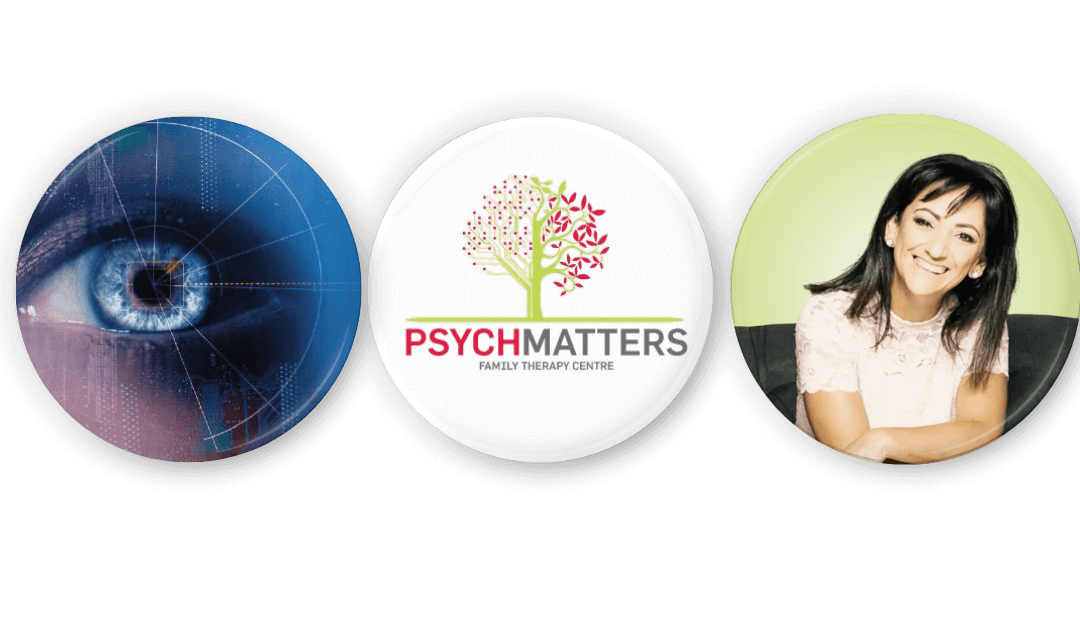By Joanna Kleovoulou | Clinical Psychologist | Founder
Hello friends
Performance Anxiety (PA) can surface before any situation we feel anxious about or during a demanding activity. While moderate stress levels can enhance our performance, too much can derail it (Angelidis et al., 2019). According to Angelidis et al., 10 – 40% of learners experience test anxiety, and it’s even higher within subgroups such as people with disabilities, women, and ethnic minorities.
So what triggers PA?
- Fear of failure: We are all prone to “what if” thinking. We spend much of our time asking ourselves, “What if I fail? What if I let others down?” Our fear of failure leaves us uptight and focused on what could go wrong — and what we need to avoid — rather than on getting the job done.
- Unrealistic expectations/ perfectionism: We set ourselves unrealistic expectations and then judge ourselves harshly when we don’t deliver. Such all-or-nothing thinking, where we are either successful or a failure, results in anxiety in competitive and challenging situations.
- Lack of confidence: Our belief in our ability to be successful or achieve specific goals impacts our degree of anxiety. Too little, and we can become stuck, expecting failure and unwilling to try.
Final year, aka Matric, is considered the most important year in a South African learner’s academic journey. It is the transition from school to the next phase of their lives. To manage matric stress, learners need to understand what the triggers are and the root cause in order to develop better coping strategies. Most often, a fundamental underlying belief that is flawed drives negative thoughts, triggers distressing emotions and drives destructive behaviours.
January of the new year. With many of our matric patients/clients coming into PsychMatters for skills, containment, emotional support, stress reduction or anxiety relief, many worry that they may not get the results they need to get a placement at a tertiary education, many worry that the end results mark the beginning or end of their future careers, whilst navigating life’s challenges.
This is where EMDR comes in as an effective, short-term and well-researched tool. Eye Movement Desensitisation and Reprocessing (EMDR) is a neuro-cognitive tool used in psychotherapy that was developed by Francine Shapiro to resolve PTSD or trauma caused by exposure to distressing life events such as military combat or rape. It is used to treat Post-Traumatic-Stress-Disorder and other similar Disorders such as Phobias, Generalised Anxiety, Performance Anxiety, self-esteem issues and Depression on a short-term basis.
According to the EMDR Theory, when a traumatic or distressing experience occurs, it may disturb neurological and cognitive coping mechanisms. The memory and associated stimuli of the traumatic event are ineffectively processed and are dysfunctionally stored. The goal of EMDR therapy is to process these distressing memories, reducing their influence in the present, and allowing clients to develop a more adaptive style of coping, free from distressing symptoms. To read more about visit PsychMatters Services EMDR
Eye Movement Desensitization and Reprocessing (EMDR) therapy can offer several benefits for matric learners. Here are some key advantages of EMDR:
1. Stress and Anxiety Reduction: Matrics often experience heightened stress due to exams, future planning, and transitions into adulthood. EMDR helps to process and reduce the emotional intensity of stressful memories, promoting a calmer mindset.
2. Overcoming Performance Anxiety: Students may struggle with performance anxiety or fear of failure. EMDR can assist in reprocessing negative beliefs about their abilities, boosting confidence and improving overall performance.
3. Trauma Processing: For some students, past traumas or unresolved emotional issues may impact their current mental state and academic performance. EMDR is a well-established technique for processing trauma, which can help students move forward without the weight of past emotional barriers.
4. Improved Focus and Clarity: By addressing the emotional triggers that can distract students, EMDR can help them focus better on their studies, improving concentration and mental clarity when preparing for exams.
5. Emotional Regulation: Matrics may experience mood swings or emotional overwhelm due to the pressures of this year. EMDR can help in regulating emotions, enabling students to cope with stress more effectively without becoming emotionally overwhelmed.
6. Coping with the Transition: The transition from high school to post-school life (whether entering the workforce or further study) can be daunting. EMDR supports students in managing these changes, helping them feel more secure and adaptable to new challenges.
7. Improved Self-Esteem and Belief in Oneself: The therapy can help students challenge and reframe any negative self-beliefs that may arise during the matric year, promoting healthier self-esteem and a more positive outlook on their abilities and future.
In summary, EMDR can be a valuable tool for anyone experiencing Performance Anxiety, including matric learners, to manage the emotional challenges they face, reduce anxiety, improve focus, and build resilience as they navigate this critical year. It can be especially effective for addressing past experiences that may hinder their mental well-being and performance.
For any enquiries about EMDR and our psychologists using this licensed tool, please contact us or WhatsApp PsychMatters at +27629758442 or email us at info@psychmatters.co.za to book an appointment online or face-to-face for yourself or your child, regarding any distress you may be experiencing.
Our centre also offers consultations with:
– Our esteemed Psychiatrist, Dr. Nikki Eklektos, for a psychiatric assessment, review on medication or overall mental well-being;
– Assessments for career and subject choice l Scholastic Assessments for school readiness/learning difficulties; IQ/EQ; AD(H)D
– Forensic work: Road Accident Fund l Divorce access and mediation l Parenting Plans l Co-Parenting
Therapies for all ages for most psychiatric disorders and mental health difficulties.
– Confident Kids Workbook for children aged 8-13 years to build resilience: iMatter for a Confident Me! Order here and be part of the mental health movement!
- Performance Anxiety l Test Anxiety l Matric & How EMDR can help

- The Gift of Forgiveness

- What is anxiety and what can you do?

- Princesses or Perverts?

- Navigate Co-parenting like a Pro!



